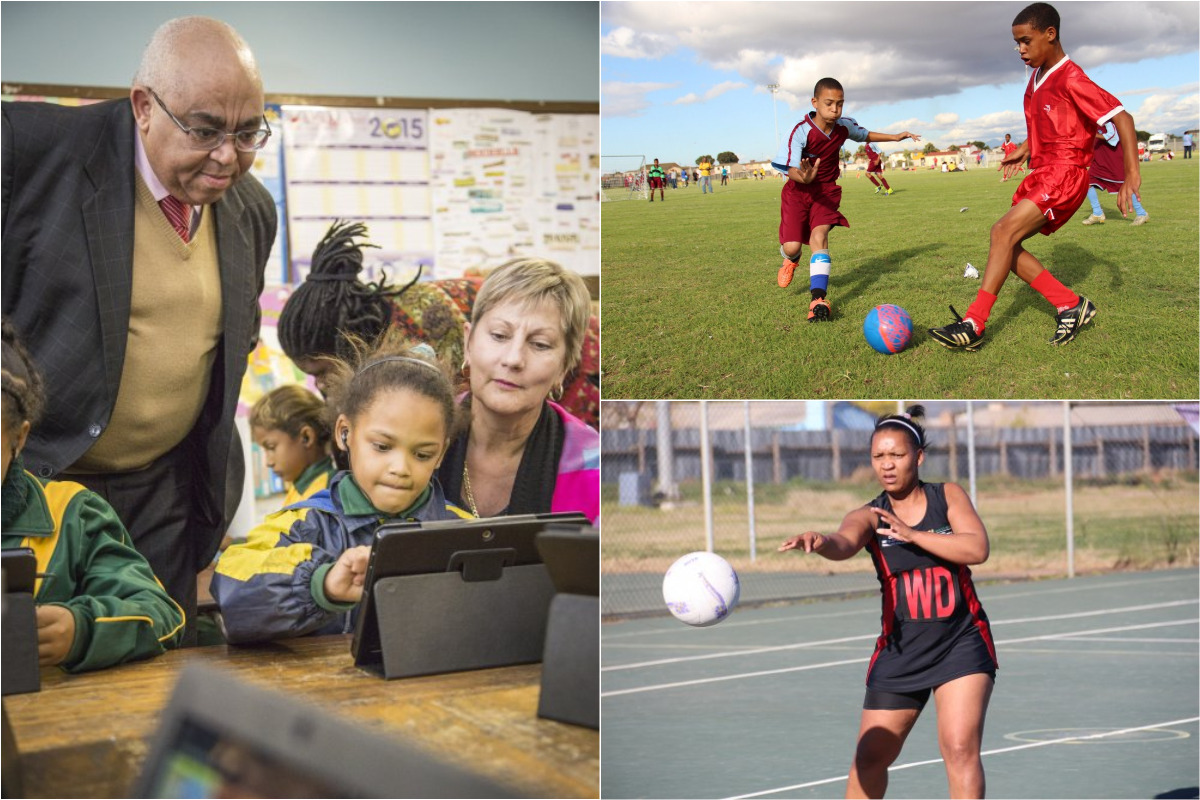The Learning Trust partners with the After School Programme Office (under WC Department of Cultural Affairs and Sport) to facilitate learning and collaboration in the After School sector.
We have seen evidence that demonstrates the impact of extending learning through After School interventions and want to spread good practice amongst practitioners and non-profit leaders.
Thus, TLT and ASPO convene a Community of Practice (CoP) to strengthen the outcomes of the sector.
The CoP serves as a platform for:
- Showcasing best practice models
- Identifying opportunities for collaboration
- Sharing and learning in order to strengthen programmes
- Advocating for the After School sector
About the After School Program Office
The After School Program Office believes that regular and consistent participation of learners in after school programmes will improve learner outcomes, reduce school dropout rates and reduce risk taking behaviour.
As a Western Cape provincial priority project, the Game Changer office focuses on creating an enabling environment, partnerships and support for increasing the participation of learners from no and low fee schools in extracurricular, after school activities.
The After School Programme Office is not a funding office, however they do offer a full range of resources and accept requests for hard copies such as handbooks, posters or timetables.
The Learning Trust, in partnership with the Western Cape Government, holds quarterly Community of Practice (COP) events every year.
These events are aimed at connecting stakeholders and improving overall coordination and impact of the extended education sector.
The After School Programme Office’s ‘After School Game Changer’ goal is to ensure that at least 20% of no-fee and low-fee learners in the Western Cape attend After School programmes twice a week.
The After School Game Changer targets the following outcomes:
- Improved attitude towards learning
- Improved school outcomes
- Improved school retention
- Improved matric results
- Reduction in risk taking behaviour
